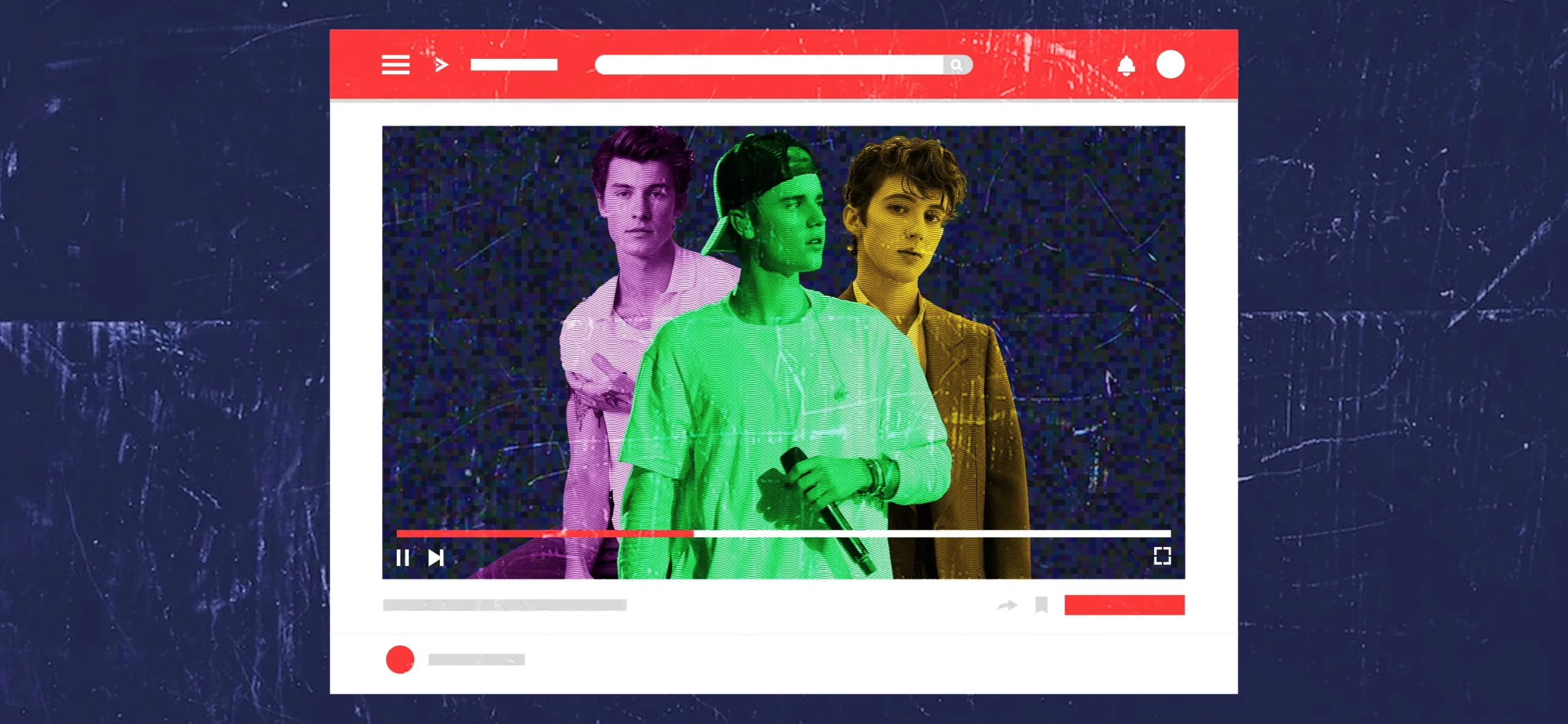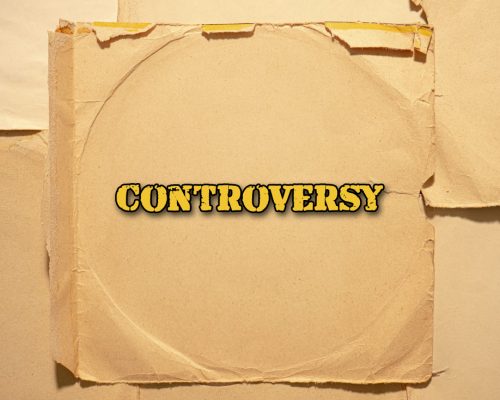In recent years, YouTube has become a platform for aspiring musicians to gain exposure and build a following. Some of the biggest names in music today got their start on the platform, including Justin Bieber, Shawn Mendes, and Alessia Cara.
One of the most well-known success stories from YouTube is that of Canadian singer Justin Bieber. Bieber was discovered by talent manager Scooter Braun after Braun stumbled upon his videos on the platform.
At the time, Bieber was just a teenager posting covers of popular songs. But with Braun’s help, he was soon signed to a record label and released his debut album, “My World 2.0,” which went on to sell millions of copies worldwide.
Shawn Mendes gained a following on Vine before he started posting covers on YouTube. His covers gained attention from music executives, and he signed a deal with Island Records in 2014. He’s since released multiple hit songs, including “Stitches,” “Treat You Better,” and “There’s Nothing Holdin’ Me Back.”
Aussie Troye Sivan started posting videos on YouTube when he was 13, doing covers and original songs. He gained a significant following and was signed to a record label in 2013. He’s since released multiple albums and has become a prominent LGBTQ+ artist.
Alessia Cara is another name that might be familiar to you, thanks to YouTube. The Canadian singer-songwriter began posting covers of popular songs on the platform as a teenager, and was eventually discovered by a record label. Her debut single, “Here,” became a massive hit and she’s since released multiple successful albums.
Top producer and mega-pop star Charlie Puth gained attention on YouTube for his covers and original songs. He was discovered by Ellen DeGeneres and signed to a record label in 2015. He’s since released multiple hit songs, including “See You Again” and “Attention.”
One of the things that sets YouTube apart from traditional record labels is its ability to democratize the music industry. Anyone can upload a video to the platform and potentially reach a worldwide audience.
This has allowed artists who might have been overlooked by traditional record labels to gain exposure and build a fanbase.
But while it has certainly helped some artists launch their careers, it’s not without its drawbacks. For one thing, the platform is incredibly competitive. With millions of videos being uploaded every day, it can be difficult for new artists to cut through the noise and get noticed.
This has led some critics to argue the algorithm favors content that’s already popular, making it harder for new artists to break through.
Another issue is that the platform doesn’t always compensate artists fairly. While it does offer a revenue-sharing program for creators, the payouts can be relatively small, especially for smaller channels. This has led some musicians to criticize the platform for not valuing their work appropriately.
Despite these challenges, there’s no denying that YouTube has changed the music industry in significant ways. It’s given artists a new way to reach audiences and build a following, and it’s helped to break down some of the barriers that have traditionally existed in the music industry.
One of the most exciting things about the social media platform is that it’s constantly evolving. As Youtube continues to grow and change, we’re likely to see even more artists finding success on it.
And as traditional record labels continue to grapple with the challenges posed by digital streaming services, it’s possible that channel could become an even more important player in the music industry in the years to come.
YouTube has become an important platform for artists to gain exposure and build a fanbase. While it’s not without its challenges, it’s clear that the platform has helped to democratize the music industry and given new artists a way to break into the industry.
As we look to the future, it will be interesting to see how YouTube continues to evolve and how it will shape the music industry in the years to come.



























